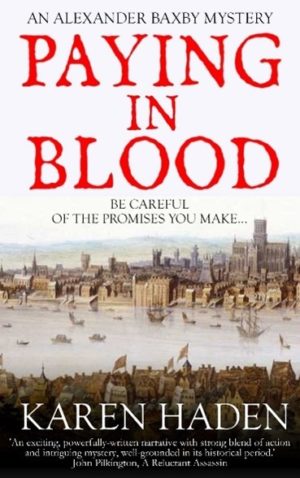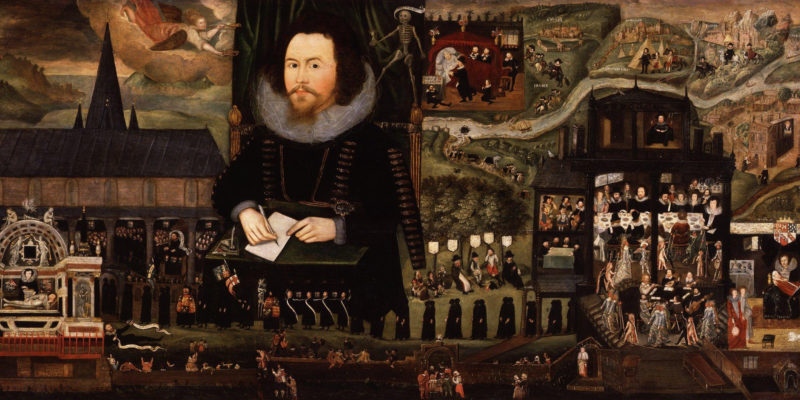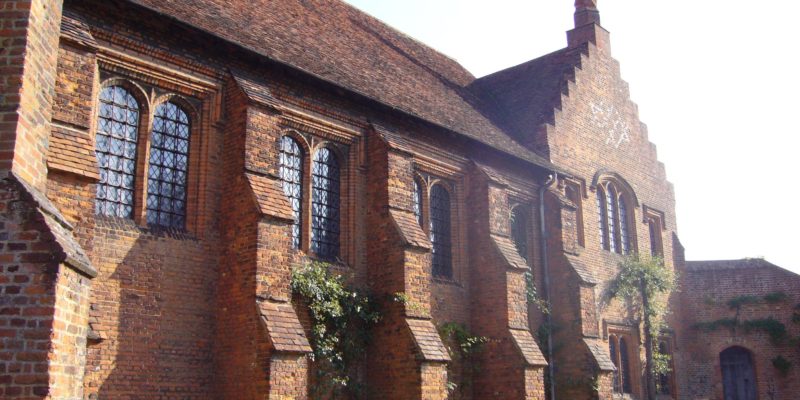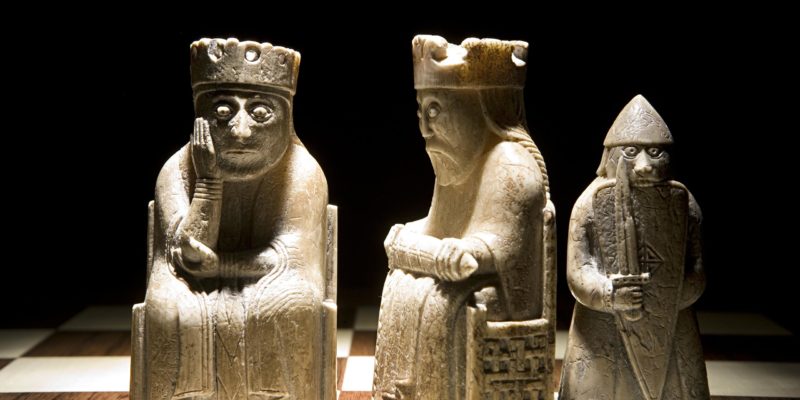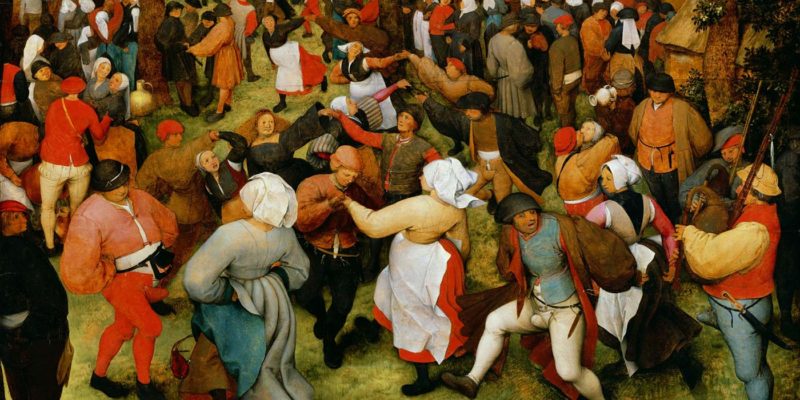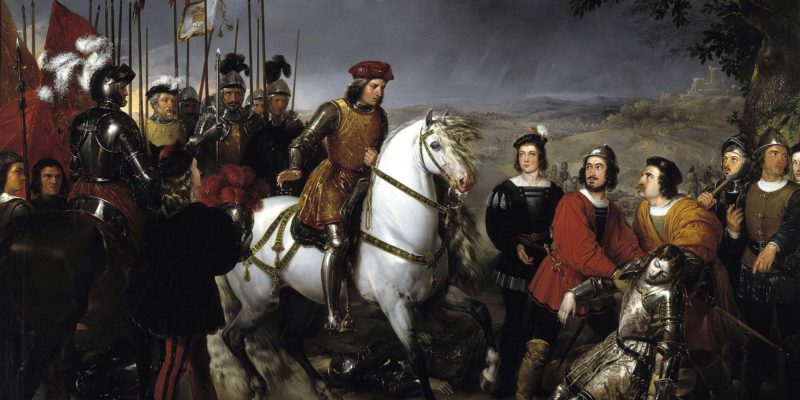Tudor Times is the online repository for all things Tudor and Stewart (1485–1625)
PERSON OF THE MONTH
Arbella Stuart
Lady Arbella Stuart was a potential successor to Elizabeth I, but her life was one of frustration and sorrow.
View featureFeatured

James VI and I: the Man Behind the Myth
Historically, the Stuarts have enjoyed less attention – at least in popular media – than their Tudor predecessors on the English throne. However, whilst James VI and I, the first Stuart king of England, is not an unknown quantity, much of what is known about him in the public consciousness is based on myth and misconception. In this Guest Article, Steven Veerapen examines the evidence, or lack of it, for many of the myths that persist around James VI and I.
Read article- Gloriana's Bloody Age: Massacre and Misrule in Elizabethan Ireland in Guest Articles
- The Four Martyn Sisters of Athelhampton: Tragedy and Wealth in Tudor Dorsetshire in Guest Articles
- Leopards and 'Little John' - the Elizabethan Priest-hole Maker in Guest Articles
- Tudor Royal Propaganda: 'We must not let in daylight upon magic' by Tracy Borman in Guest Articles
New Non-fiction Books
New Fiction Books
What's on
Tudor Times Shop
Modern journal with Tudor garden information
View Now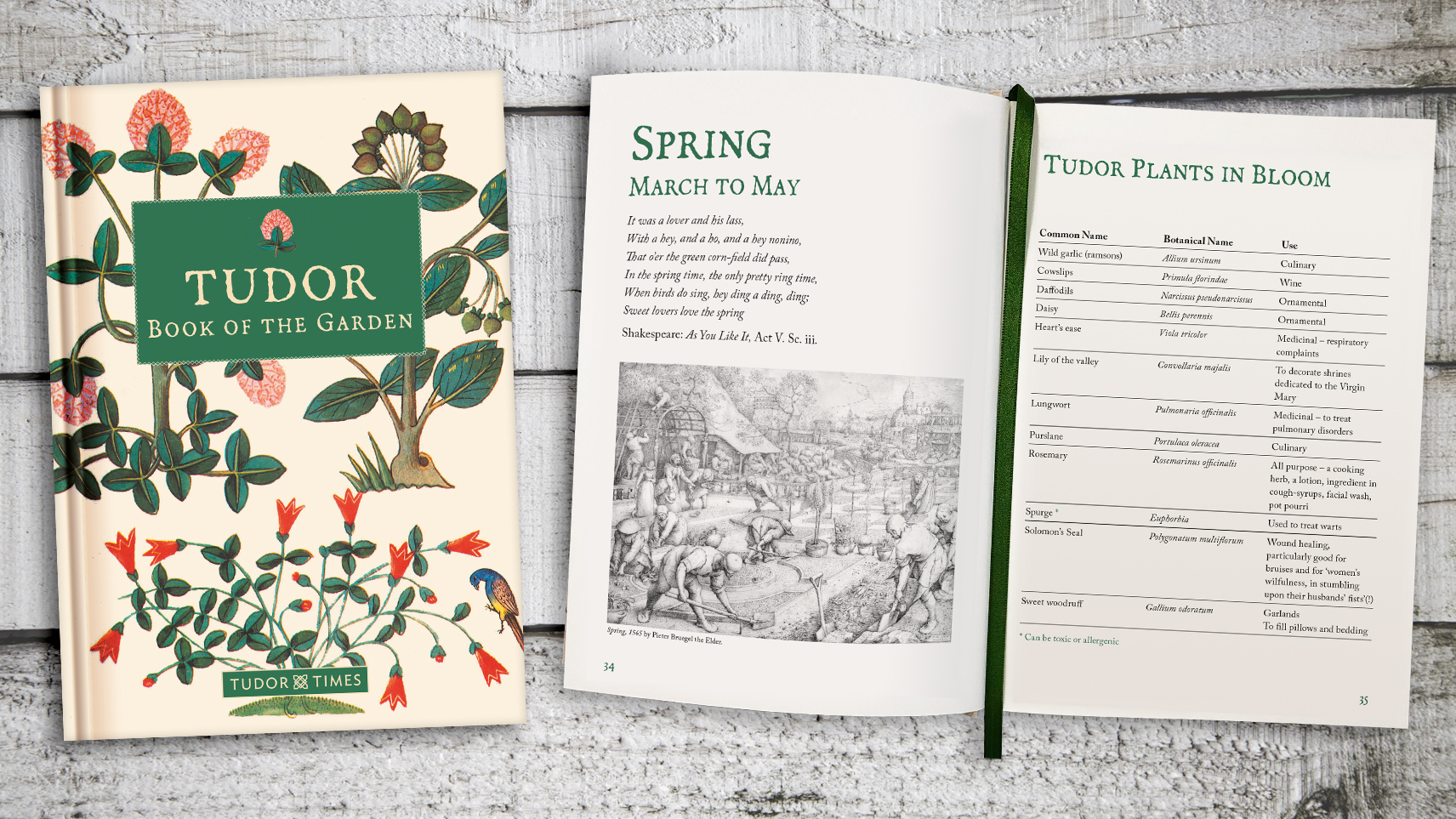
Get regular updates
Register your details to get regular updates



